The Fallon Post and Lahontan Valley News, along with the Churchill County Republican Central Committee, sponsored Candidates’ Night, which was held on Monday evening, May 20. Both newspapers are sharing articles on the candidates seeking elected office with Churchill County Commission, as Justice of the Peace, and for the mayor of Fallon.
The event was broadcast by KVLV-AM and KKTU-FM radio stations and streamed live on Network1Sports. For the Lahontan Valley News, Editor Emeritus Steve Ranson reported on the mayoral candidates. Publisher and owner of The Fallon Post Rachel Dahl reported on the challengers for county commission, and Leanna Lehman, the editor of The Fallon Post, reported on the three Justice of the Peace contenders.
The candidates vying for the Churchill County New River Township Justice of the Peace (JOP) judgeship include incumbent Judge Ben Trotter, Court Services Director Brenda Ingram, and Justice Court Pro-Tempore Stuart Richardson, Esq. Complete candidate profiles and responses to multiple questions relative to the position they are seeking can be found in the Lahontan Valley News online or on newsstands, as well as in the Primary Election Voter Guide in the May 24 edition of The Fallon Post or online at https://bit.ly/3yv9r4u.
During the forum, candidates answered questions given to them in advance by event hosts.
Role of Justice of the Peace
Judge Ben Trotter began by answering the first question, which asked what the Justice Court does and the role of the JOP. Trotter explained that it is the court where every Churchill County case begins, excluding those handled in Fallon Municipal Court. The court handles traffic infractions, evictions, misdemeanor, and felony cases. And, of course, marriages, which Stuart Richardson generally performs as Justice Court Pro-Tempore.
According to Trotter, the Justice Court office is extremely busy, with several court clerks performing many tasks inside and outside the courtroom. In addition to judicial duties, the JOP is head of the department, ultimately responsible for his staff, and must act in a supervisory capacity.
Ingram deferred to Trotter’s explanation and quickly launched into her two-minute time allotment by criticizing Trotter on multiple fronts. First, Ingram openly disagreed with what she considers Trotter’s routine practice of allowing defendants to be released from custody on their own recognizance (OR), which means they do not have to post bail. She believes this poses a danger to the community and feels Trotter’s overall interpretation of the Valdez-Jimenez ruling that governs how courts handle bail hearings is inaccurate.
According to Ingram, Trotter is too loosely interpreting the ruling, routinely granting OR releases to defendants, upon which many quickly abscond or fail to meet the terms of their release and must be brought back into custody at taxpayers’ expense. Further, Ingram stated several of these defendants are often granted another OR release, and the cycle continues, potentially jeopardizing the safety of the community and victims. “He has interpreted the law to mean he has to release these people, and that is absolutely not the case.”
Ingram also criticized Trotter’s work practices by stating he is often out of the office, leaving what she alluded to as his overburdened staff to shoulder an immense load. As a former Chief Clerk of Justice Court, Ingram said Trotter’s routine absences are unacceptable. “It is a very busy office, which is why a justice of the peace should be there all day.”
Trotter responded that he firmly stands by his interpretation of the Jimenez ruling and explained how it “flipped the script” on OR releases. Now, prosecutors must prove that a defendant does not qualify for an OR and demonstrate by clear and convincing evidence the need for detention when asking for unattainable cash bail.
In rebuttal to Ingram’s disapproval of his management style, Trotter said, “I am absolutely available…and have been available to my staff 24/7, and I have been available to this entire community 24/7, 365. When it’s alleged that I show up at work and am gone in an hour and a half, that does happen on occasion. I do not get vacation; I do not get sick time; I am an elected guy on a salary.” He also noted that he has accumulated over 750 hours of judicial training during his time away from the office.
Stuart Richardson proved to be an able buffer and amiable contender. He shared how passionate he is about what a JOP does. “It’s an awesome experience,” remarked Richardson. He also addressed a JOP’s time away from the office, stating, “The JOP is on call 24/7.” In cases where individuals are arrested, the statute requires their arraignment within 48 hours. Thus, anyone arrested on a Friday night must see the judge before Monday, which requires them to work outside regular court hours. Richardson feels the system is working, and the judge’s presence in the court office is not always necessary.
A Second JOP for Fallon?
The second question asked if the candidates felt Churchill County needed a second JOP. According to all three, a county’s number of justice court judges is based on population and must reach 50,000 before another judge is needed.
As this question was quickly answered, the candidates again used their allotted time to address Ingram’s belief that Trotter’s current job performance is lacking. The clerk’s office is so busy that they routinely visit her at Court Services for help. She feels that in his leadership role, Trotter should be in the office, offer real assistance with the daily operations of the court, and act as the clerk supervisor since that position is currently vacant.
Trotter acknowledged that he has not filled the chief clerk position, which is at-will, stating, “It would be completely unfair to whoever took that position because during an election process, they could potentially lose their job.”
Richardson, also jumping back to the Ingram-Trotter discourse, painted a different picture of the court clerk’s office. Rather than overwhelmed, harried, and overworked, Richardson believes the clerks are highly efficient and excellent in their duties.
Transparency and Expanded Justice
The candidates were also asked about their thoughts on transparency and an expanded justice system through resources like Zoom and public access to the court. Trotter, Ingram, and Richardson widely support the current process of Zoom-accessible court hearings.
Ingram agreed that Zoom is a valuable component of expanded justice. However, she heartily disagrees with allowing defendants to appear by Zoom without facing the court or their victims. She noted one case where a defendant elected to appear by Zoom while parked outside the courtroom. Trotter stated that in all crimes against persons, defendants must appear in person and that Zoom is most beneficial in cases where the defendants are out of town or out of state.
Richardson commented that Zoom can significantly assist when it is necessary to arraign defendants outside of courtroom hours. Zoom offers a way to ensure constitutionally protected rights are available to all defendants at all times.
Judicial Committees and Outside Resources
When asked how important judicial committees or other entities outside the court are in aiding with job performance as a judge, Richardson expressed the value of outside entities in offering education and support. He and Trotter commented on the benefits of having the National Judicial College at UNR nearby and easily accessible. Ingram also touted the importance of judicial committees. However, she also stated, “They must be done in a way that minimizes the risk of conflict with their duties as judge.”
Personal and Judicial Ethics
Finally, the candidates were asked to describe their ethics in relation to judicial ethics. Richardson told the room this is really what is at the heart of this job for him. “From the bench, you have to make decisions that are fair. I am a conservative Republican; I believe in the Constitution,” said Richardson. “I don’t think you can take away a person’s liberty, life, or property without due process. That’s my personal feeling, and as a judge, it’s mandatory. You have to be sure in your mind that you are doing the right thing. For me, they are one and the same. I couldn’t be any other way.”
Trotter explained that the Code of Judicial Conduct is quite extensive. “The way I look at it is that I try to make decisions from the bench that build trust in the judiciary and adhere to the code. I disclose when I have more than a superficial relationship with a party, I don’t use my position for personal gain, I try to give everybody a chance to present their case, and I don’t delay my decisions,” said Trotter. “Fair and impartial, professional and consistent are my goals and essentially what the code requires.”
Ingram went on the record stating that as judge, “I will make my own decision, not what the attorneys agree to,” again referring to the issue of OR releases. She summed up her personal belief by sharing a quote by former U.S. Supreme Court Justice Potter Stewart, who said, “Ethics is knowing the difference between knowing what you have a right to do, and what is right to do. I always strive to do the right thing,” concluded Ingram.
The forum revealed intense competition for the Justice of the Peace role, with candidates presenting starkly different styles and beliefs. The June 11 primary election will determine which two candidates advance to the November ballot. Don’t forget to vote!


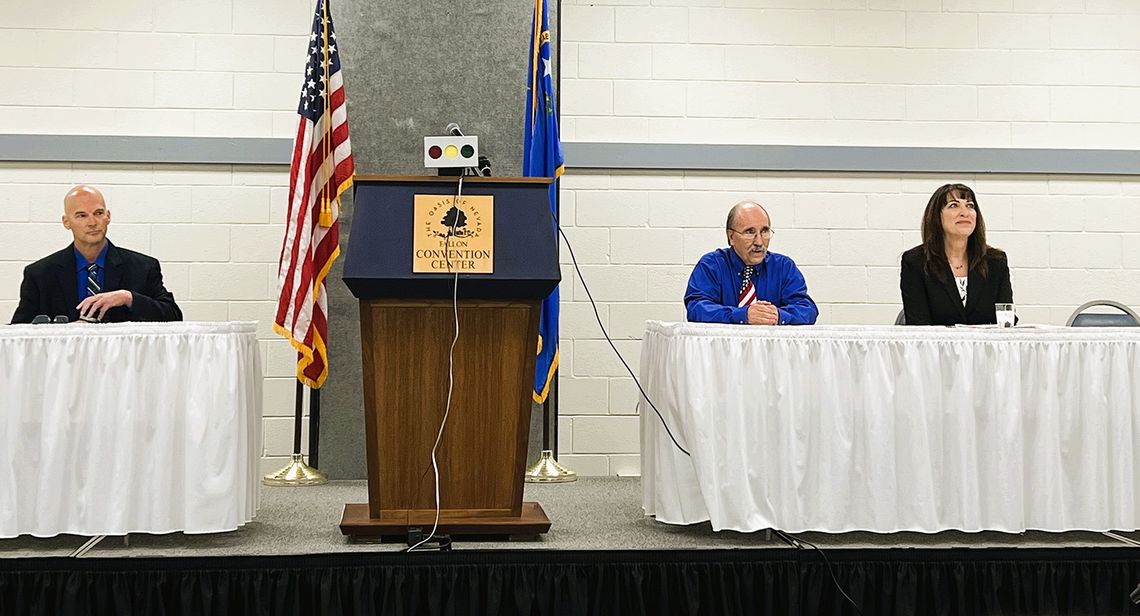
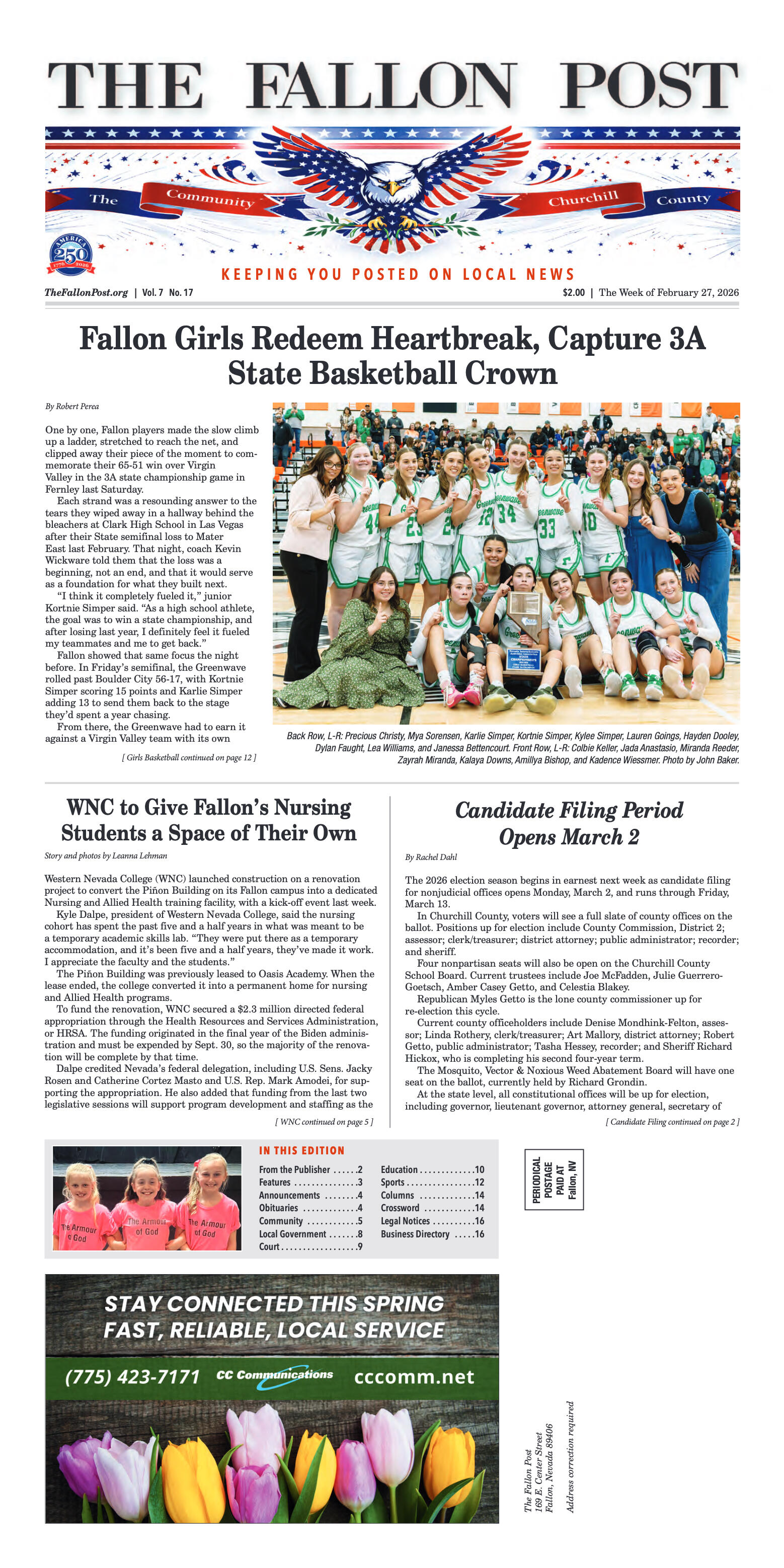

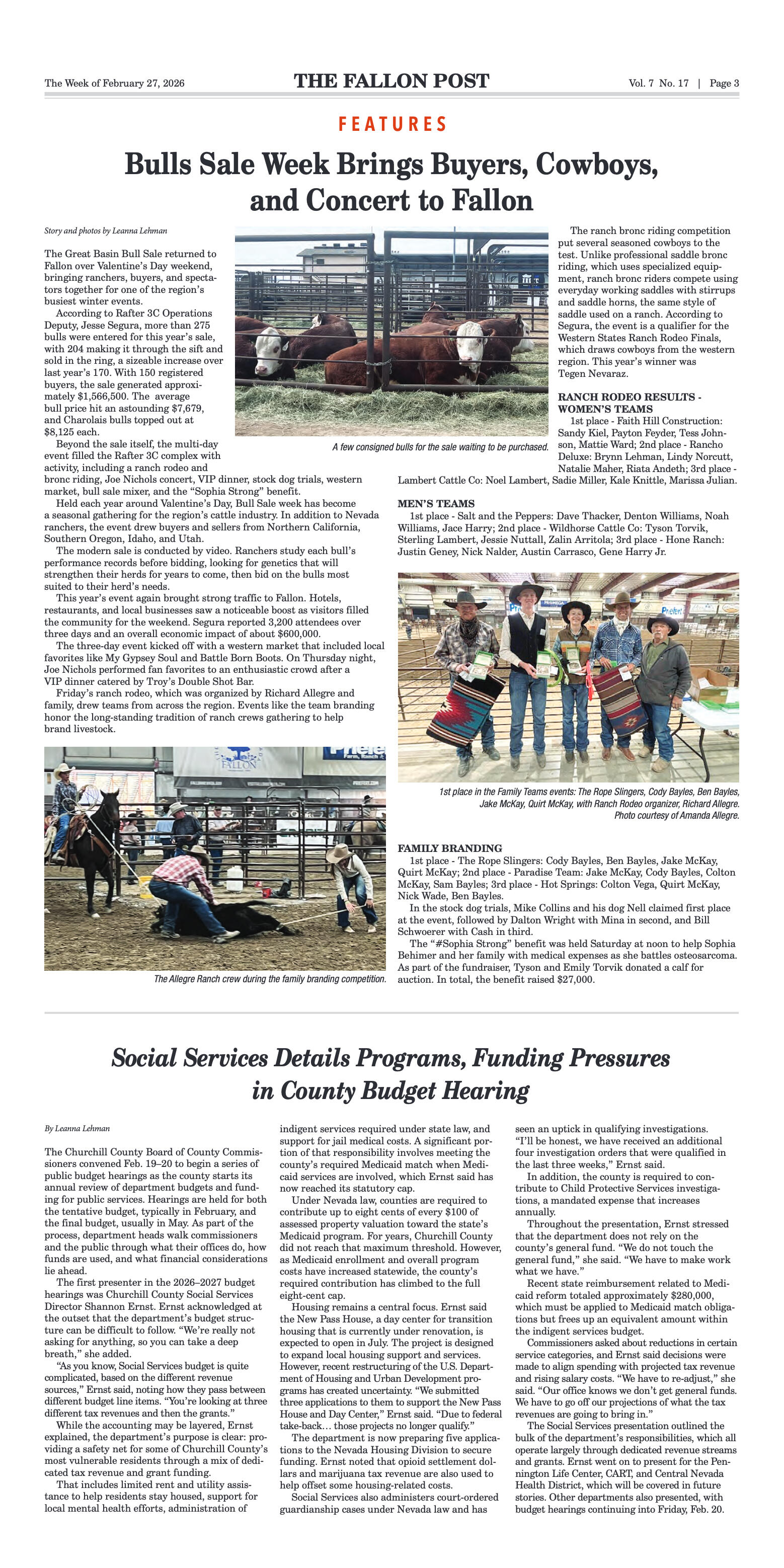
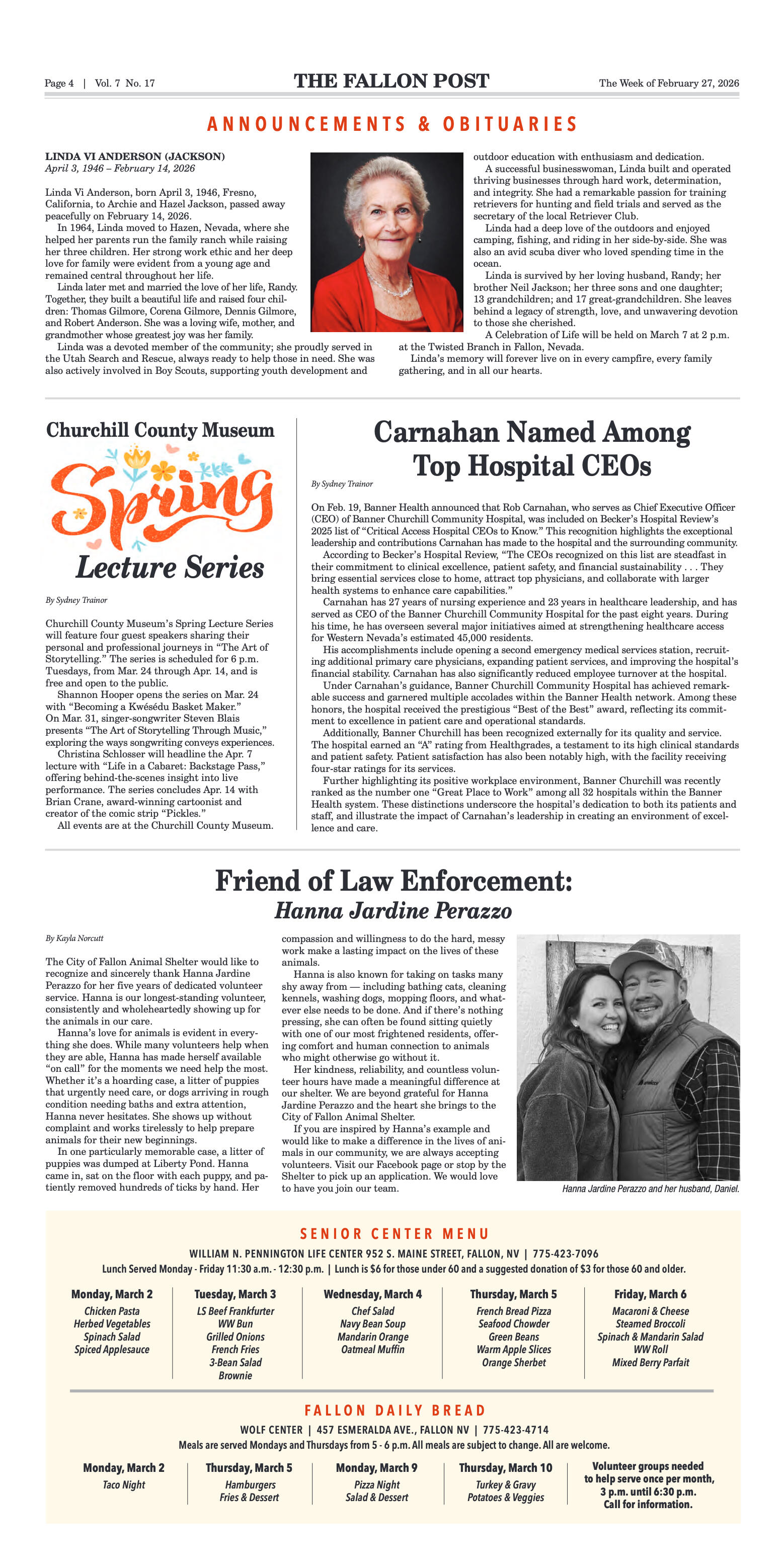
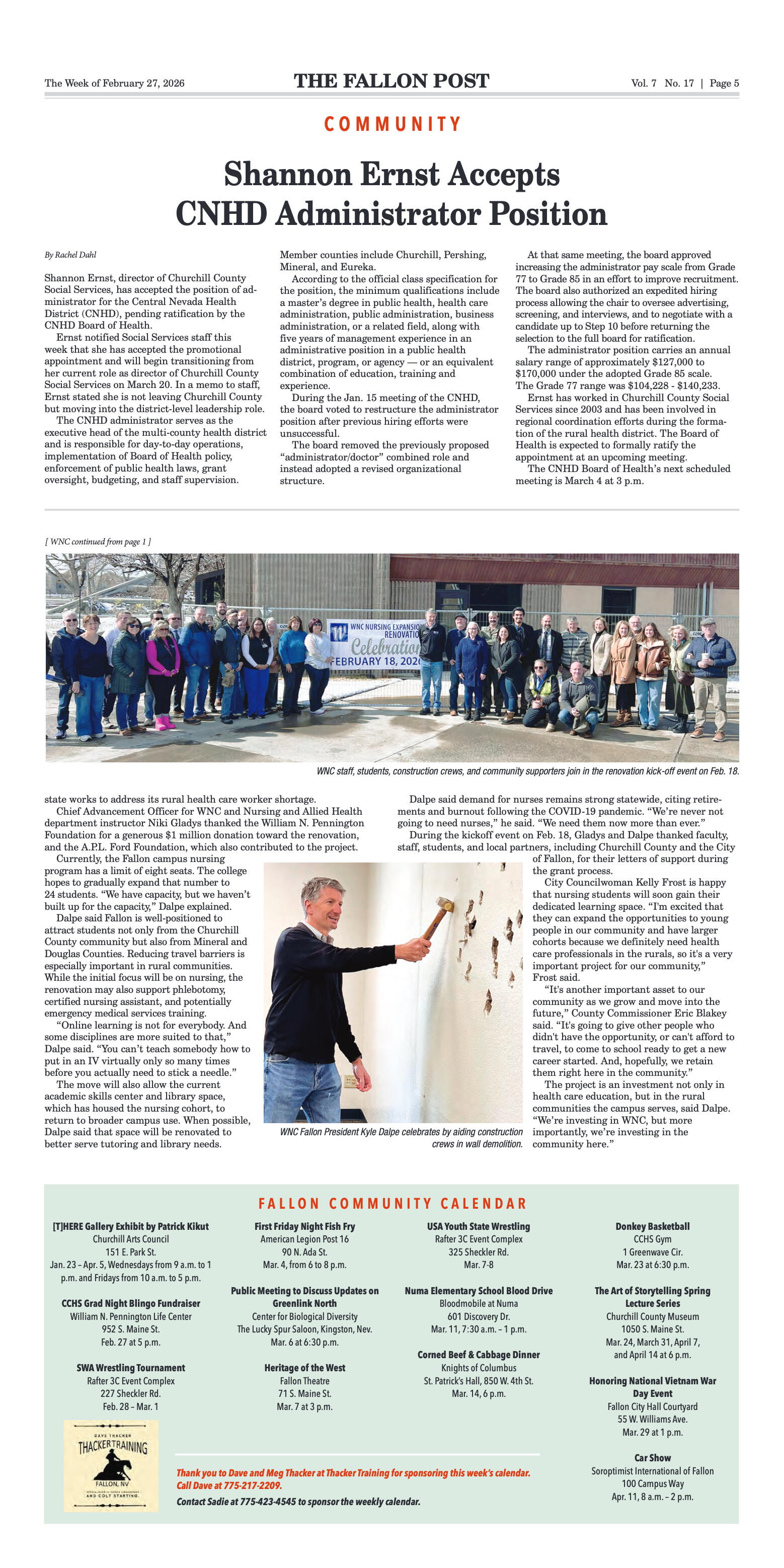
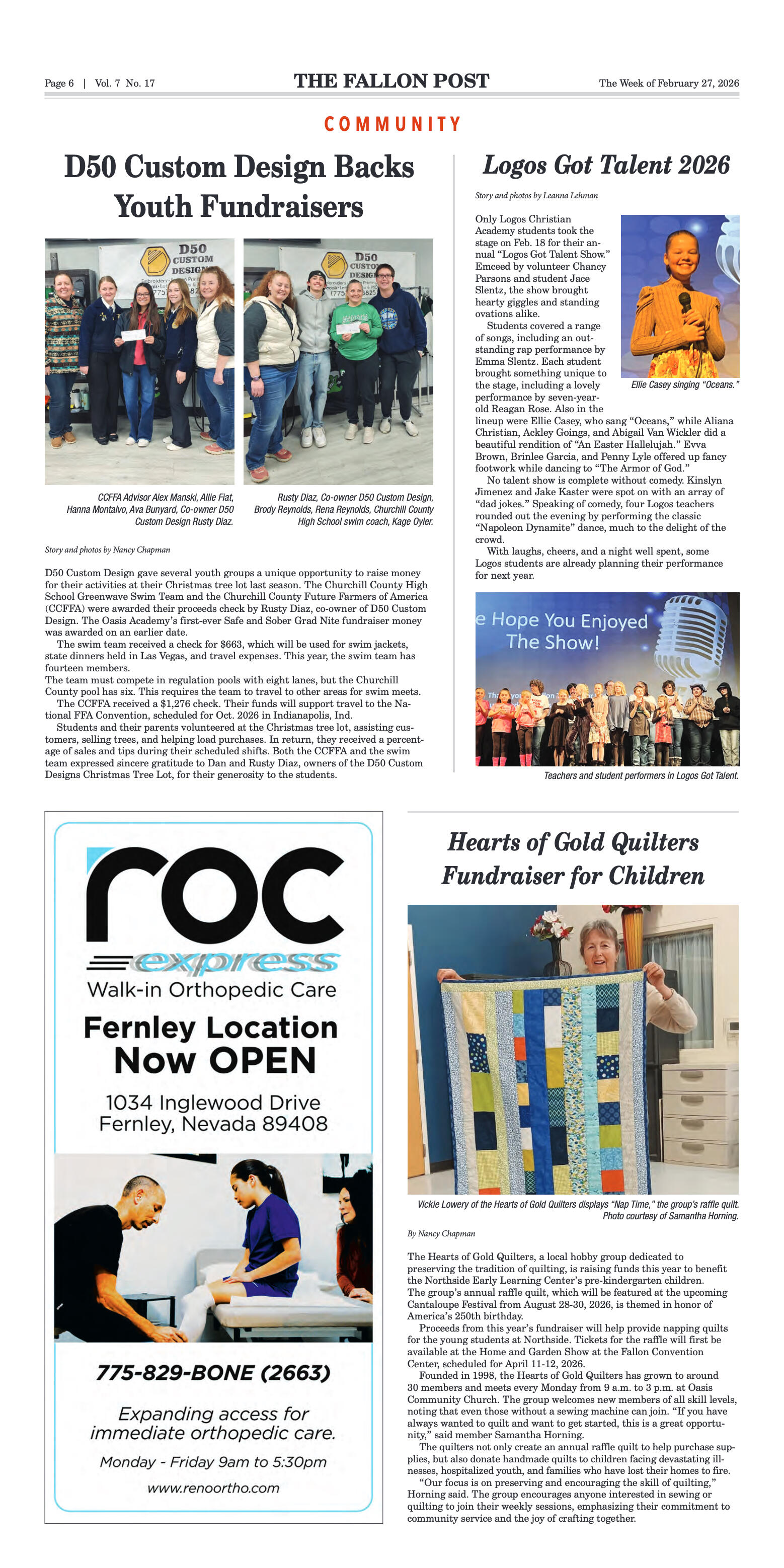

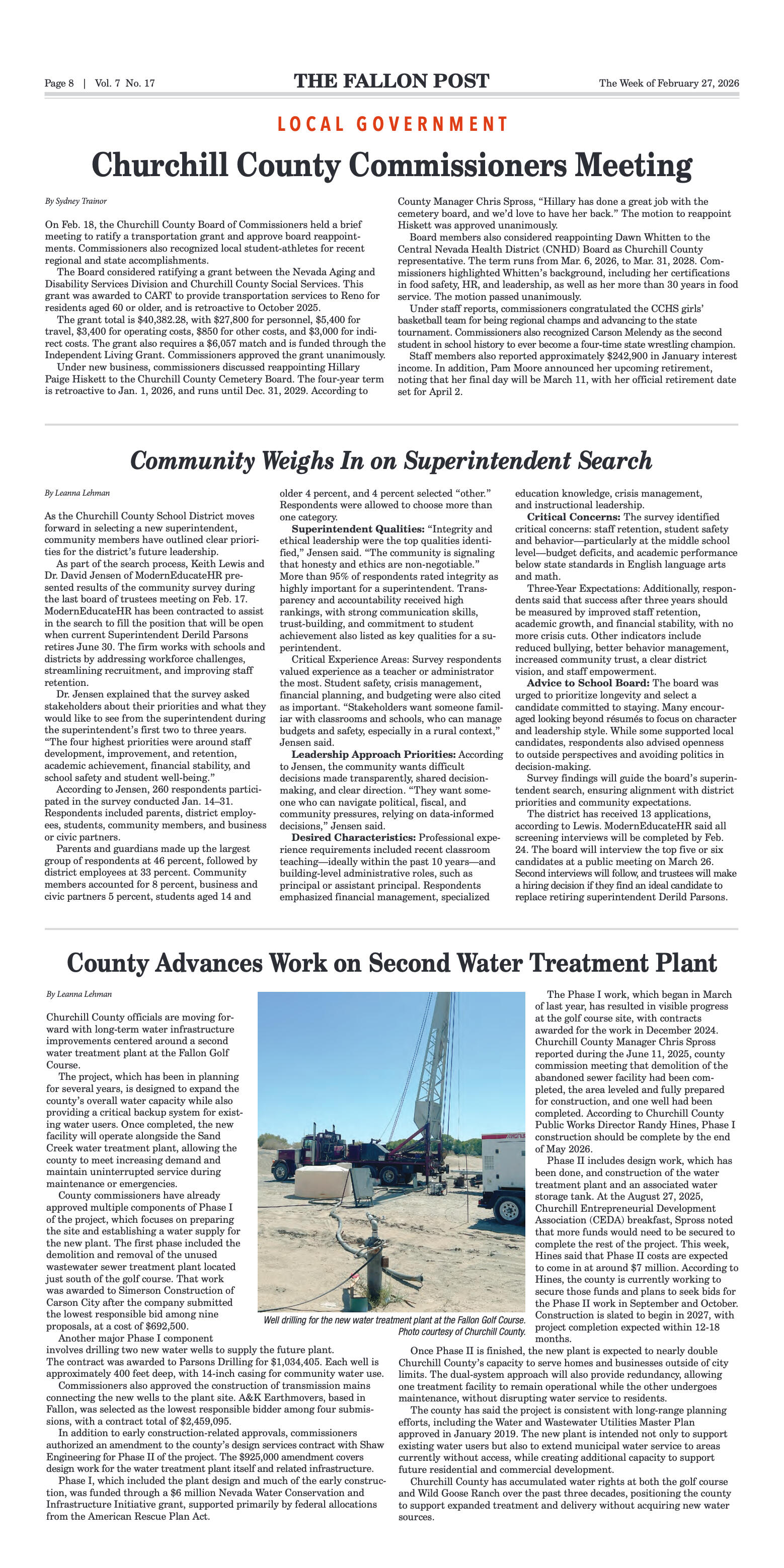
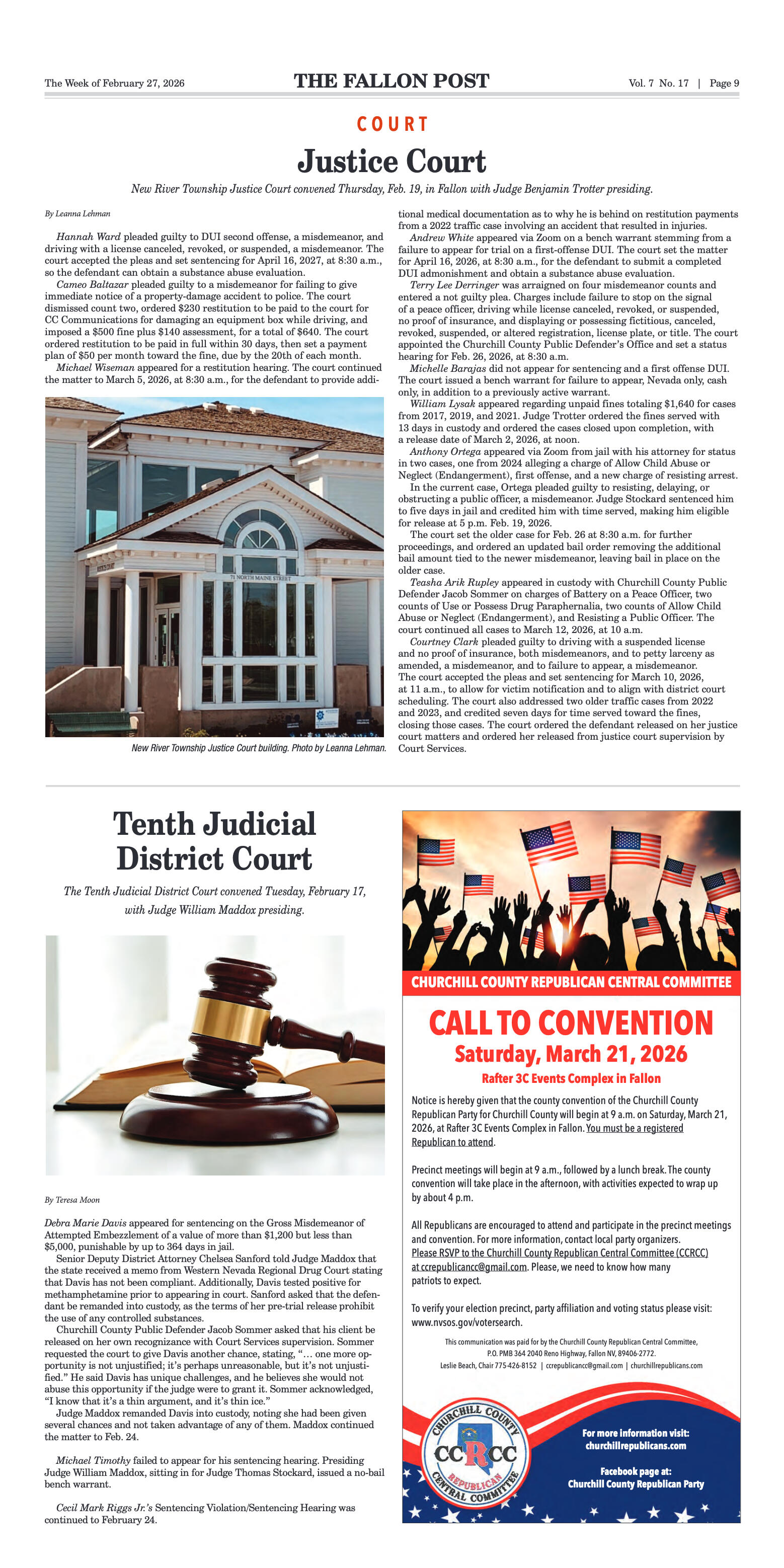
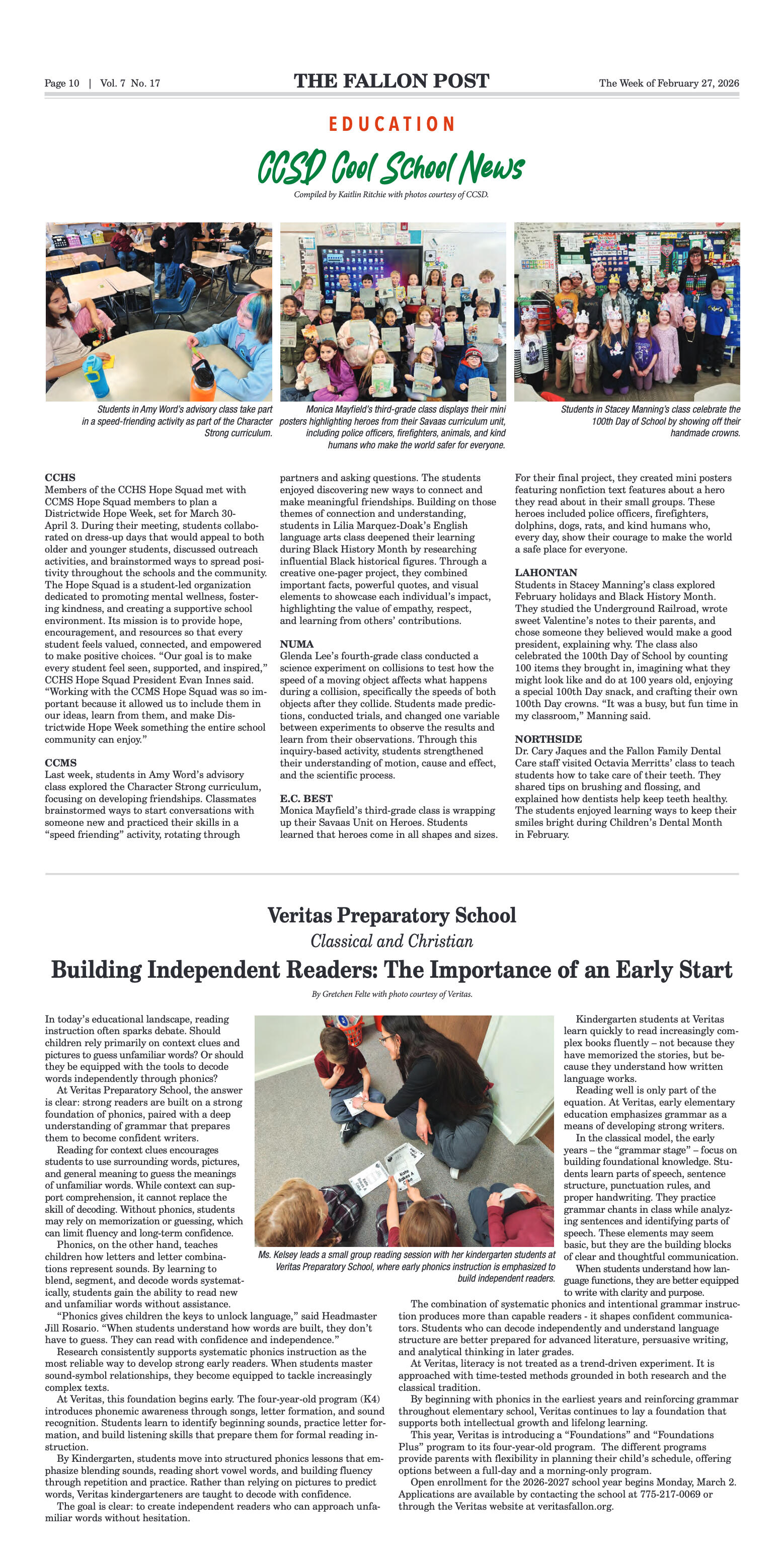
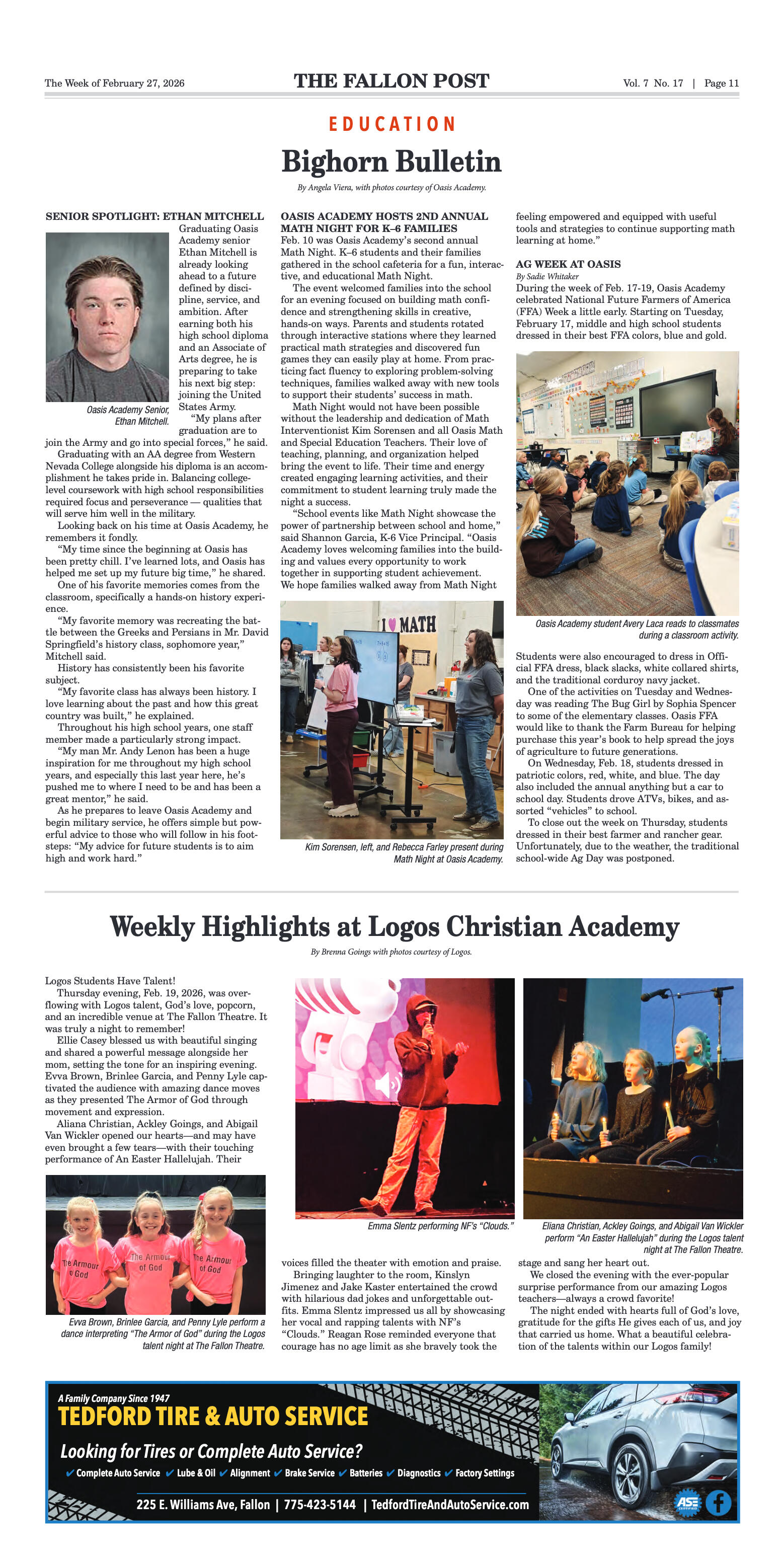


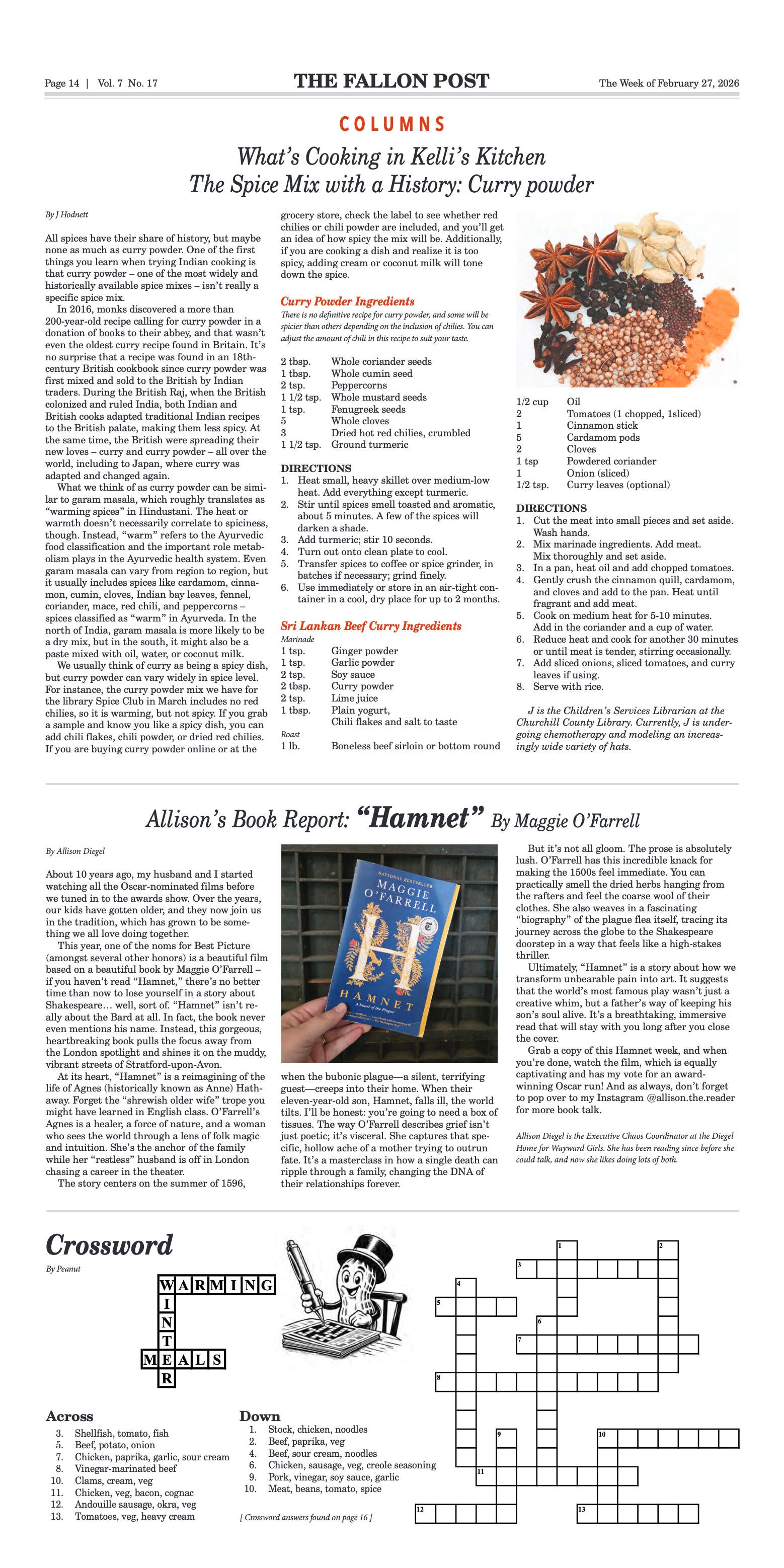
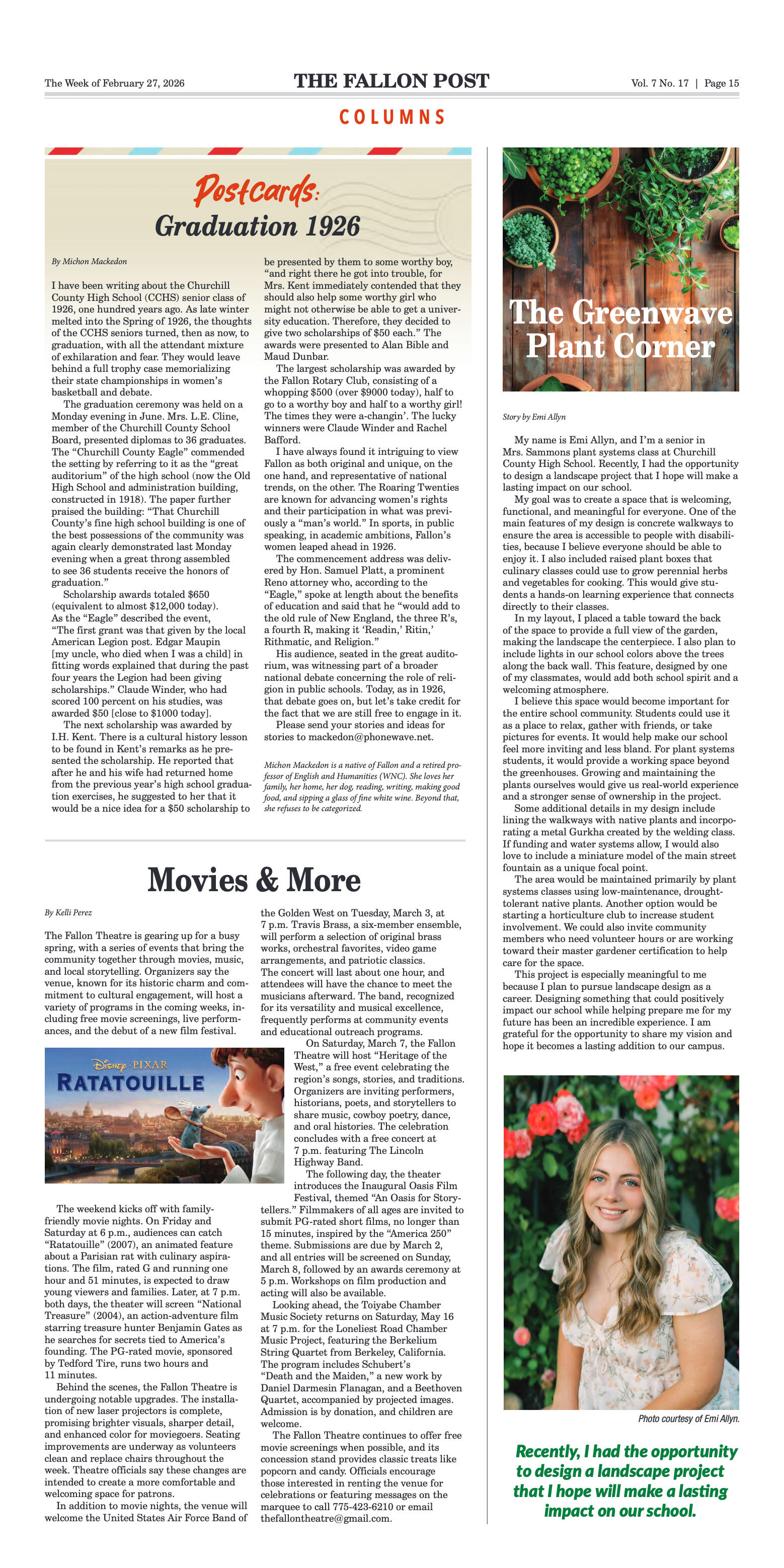
























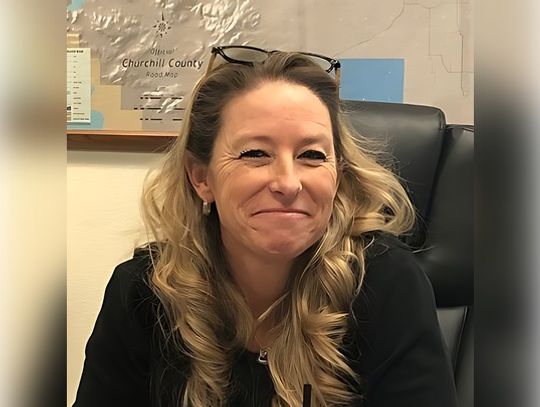


Comment
Comments